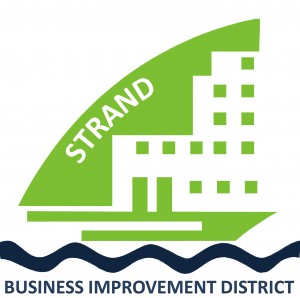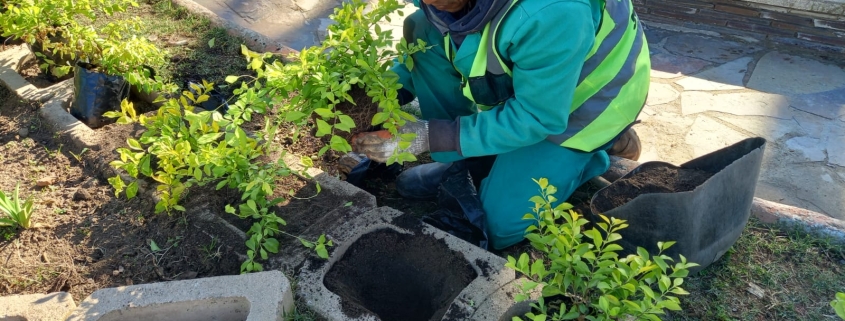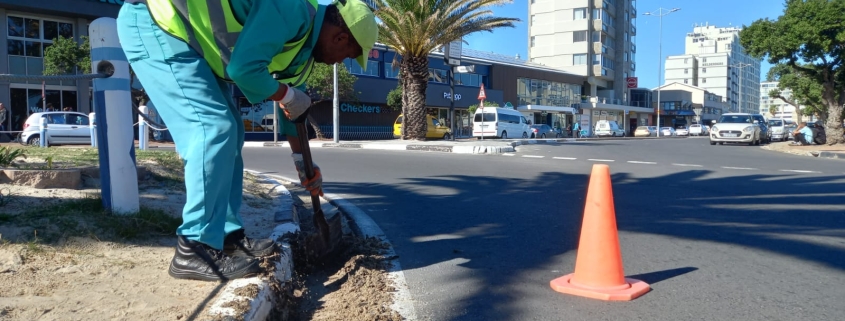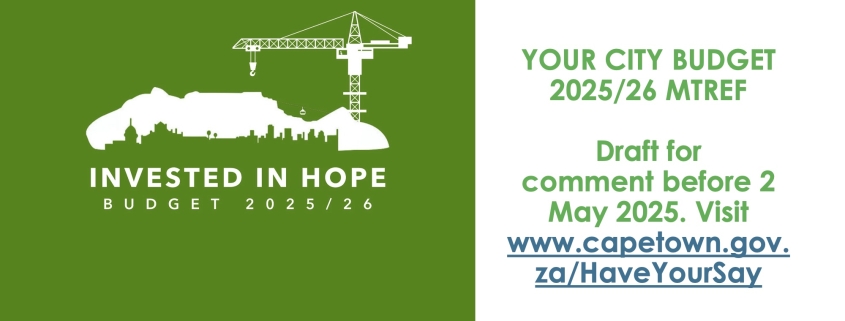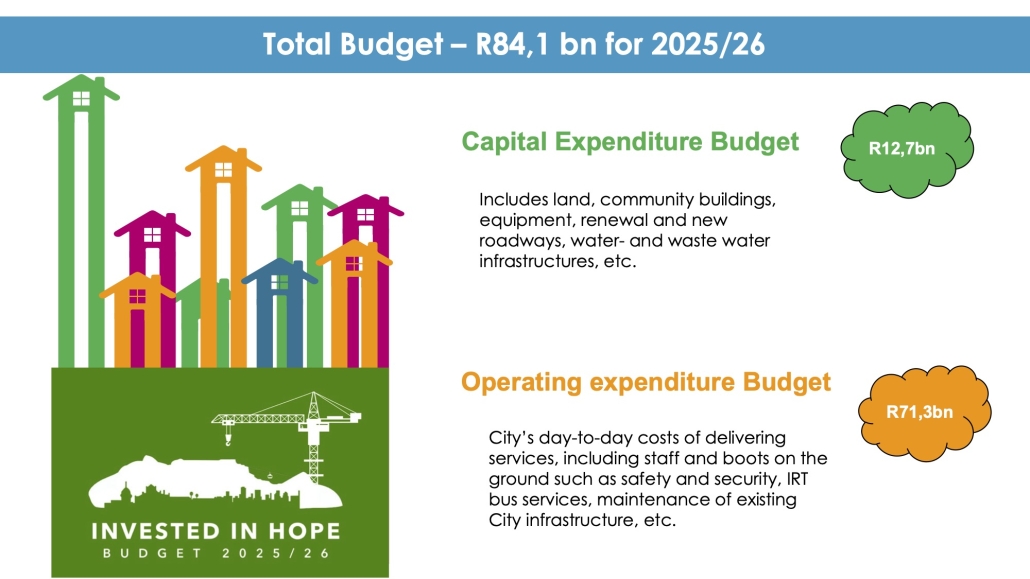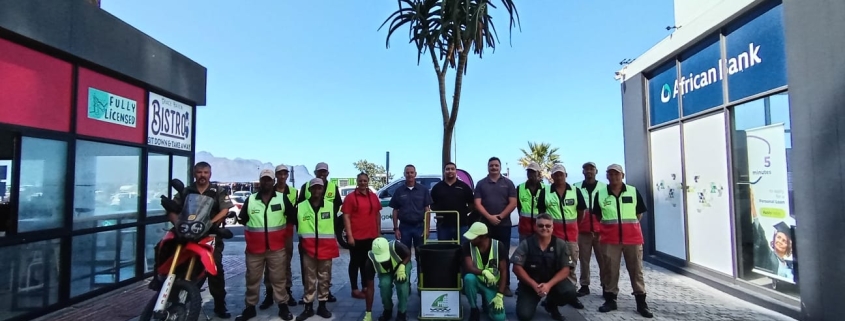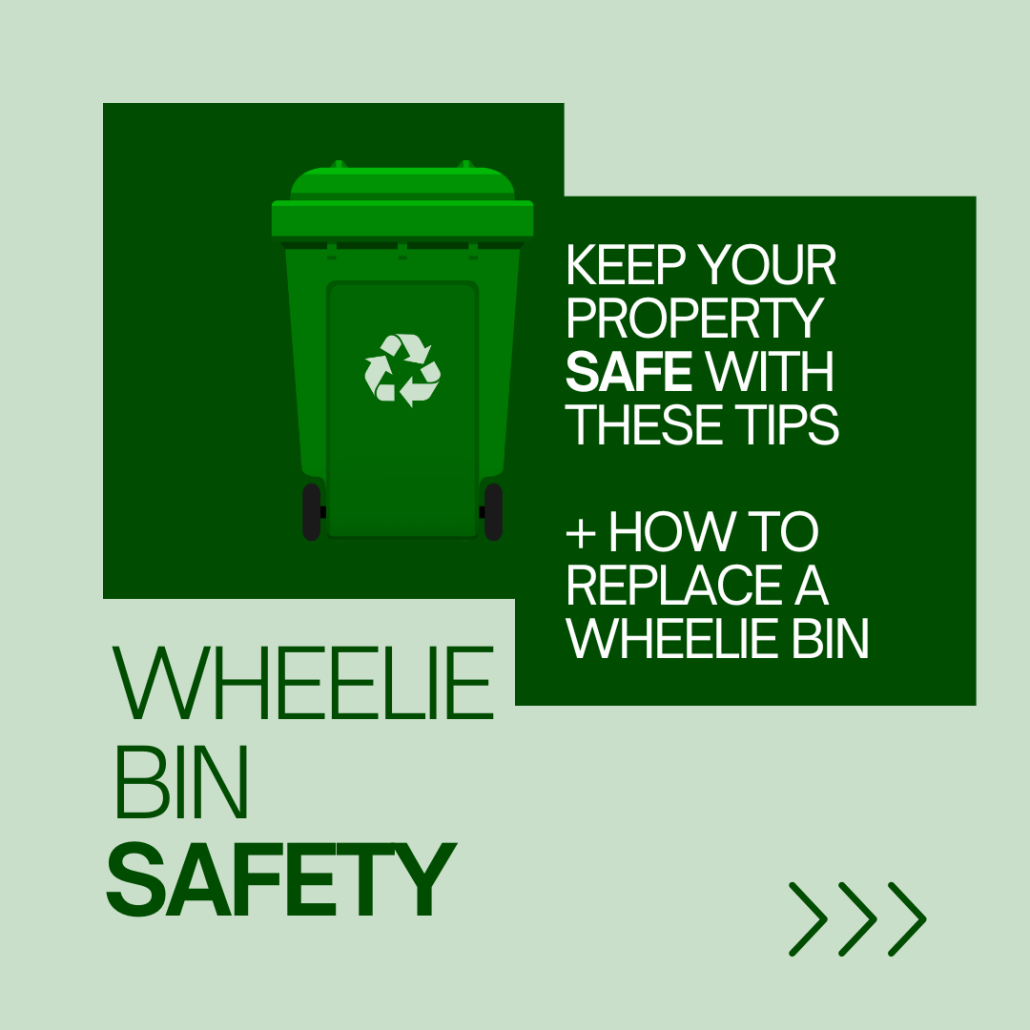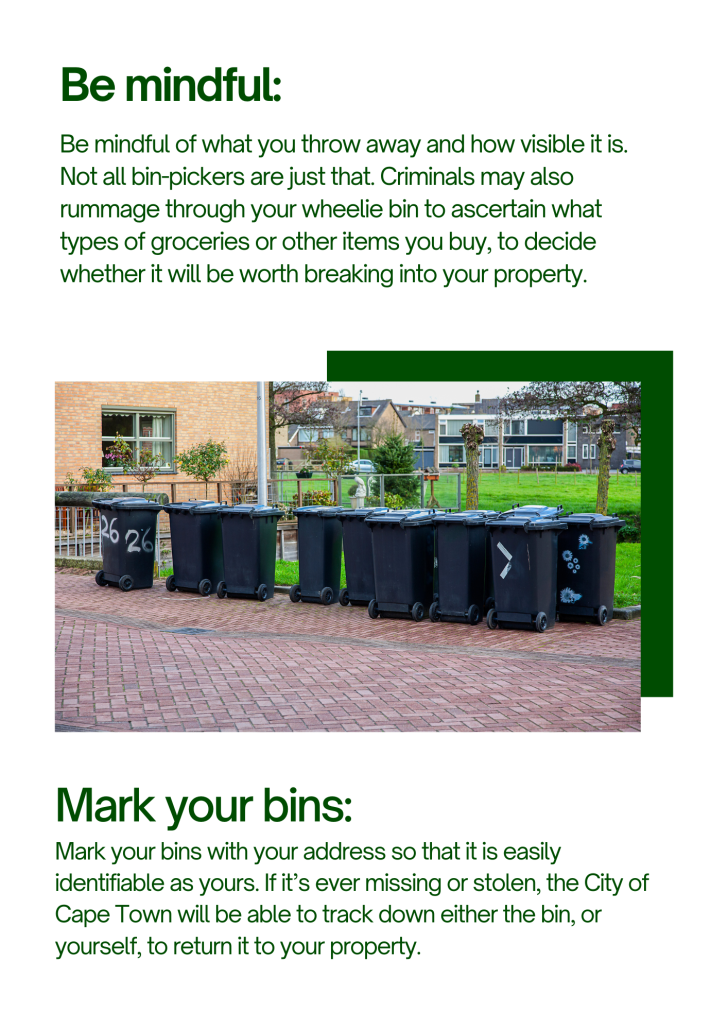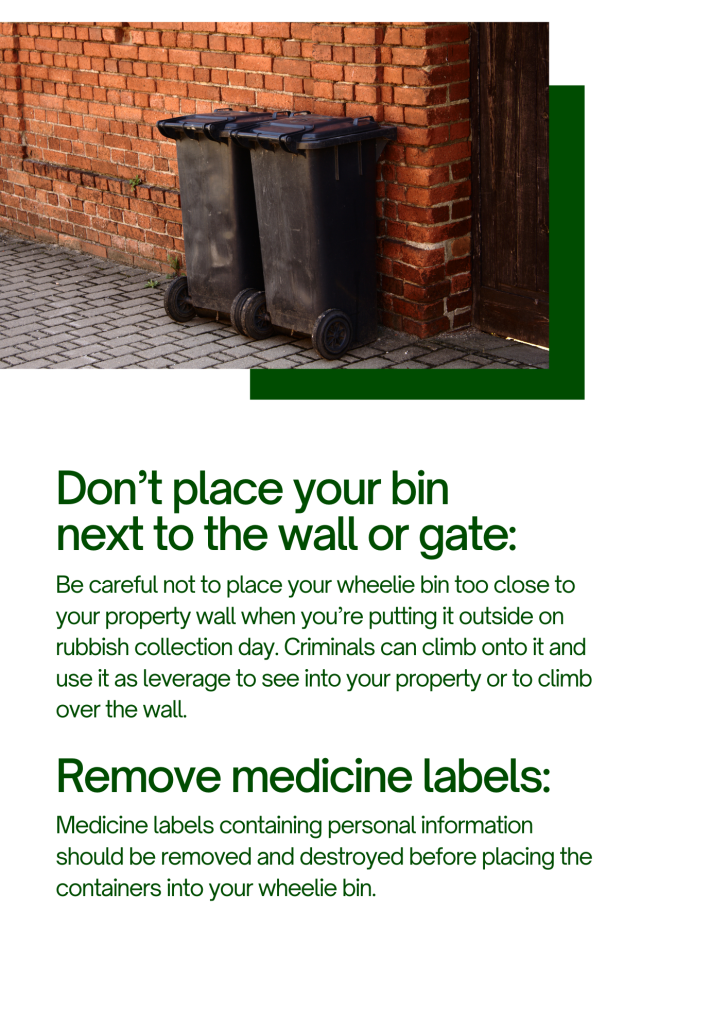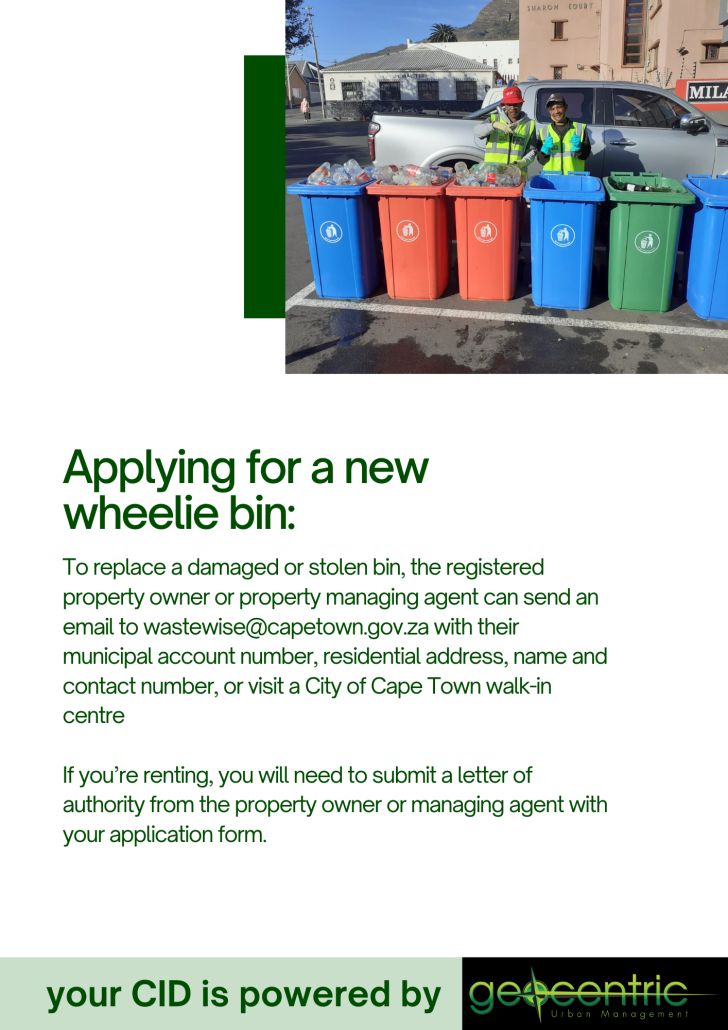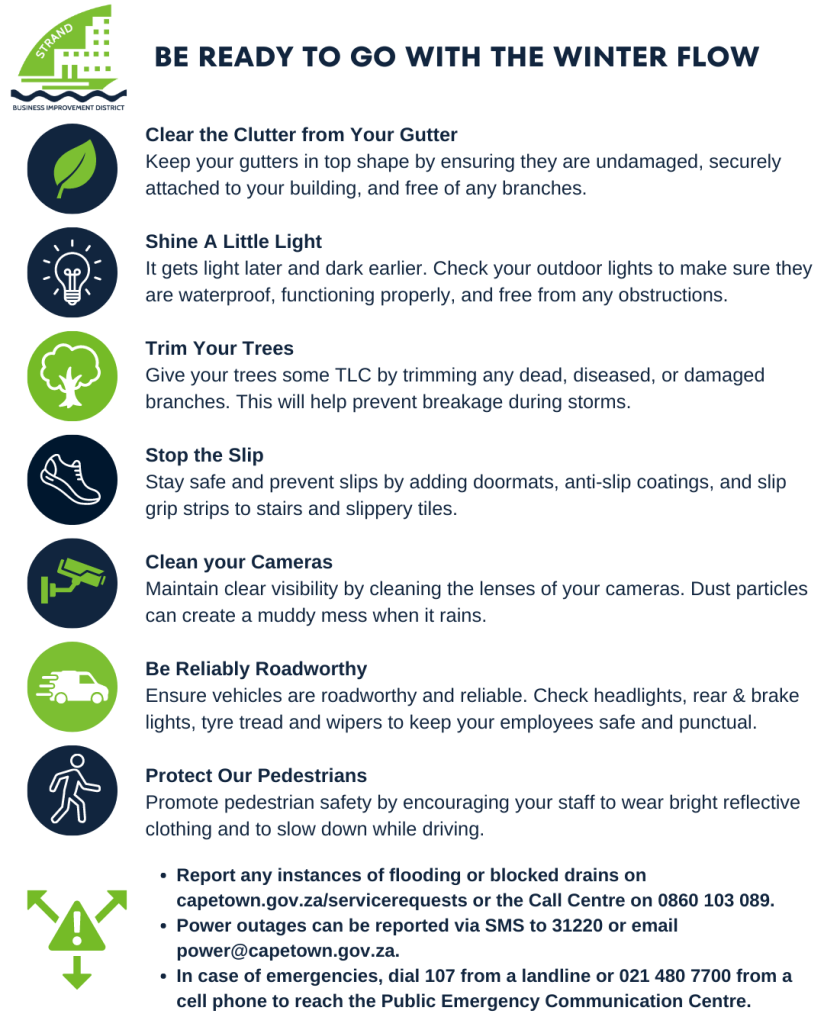As the seasons shift from winter to spring, the Strand Business Improvement District continues its work to keep our urban environment clean, safe and well maintained. This is also the time when we prepare for our Annual General Meeting (AGM 2025), where we reflect on the year’s achievements and look ahead to 2025/26.
We invite all stakeholders to join us for our AGM – an important opportunity to participate in shaping the future of our community. Full details are provided below.
AGM 2025
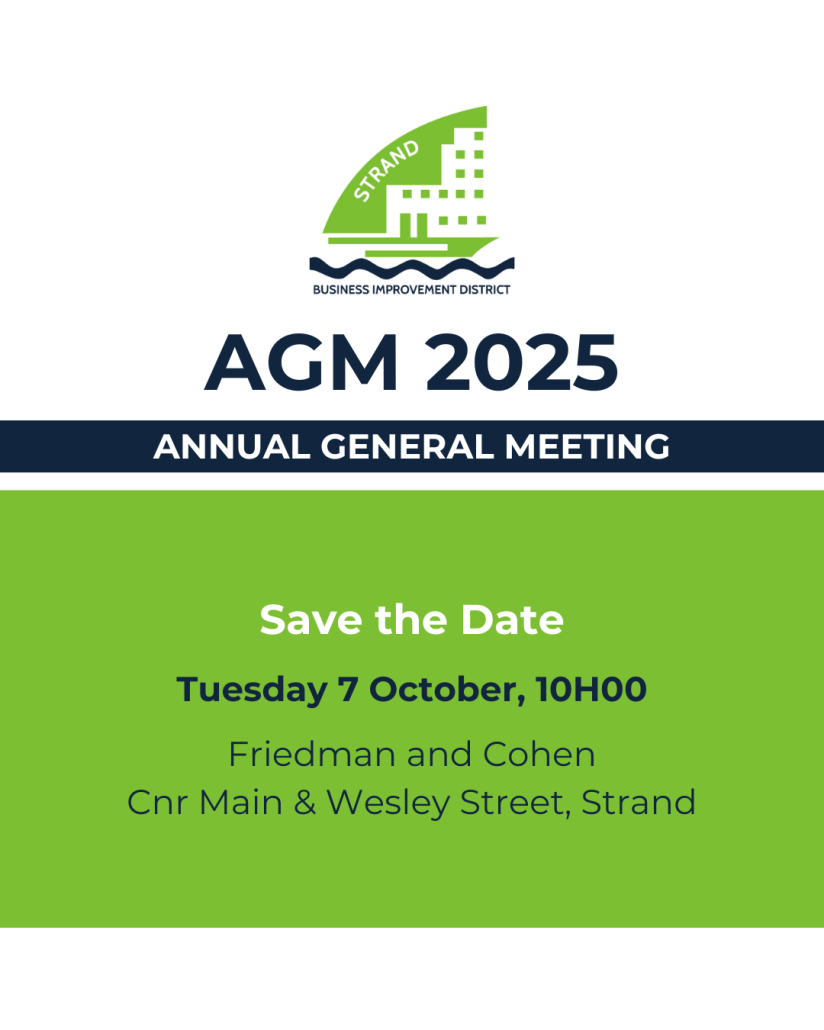
Save the Date!
An important event on our annual agenda, the Strand BID invites all stakeholders to its AGM on Tuesday, 7 October 2025 at 10:00 at Friedman & Cohen, Corner of Main and Wesley Street, Strand, 7140. Resolutions can only be voted on by bona fide members. Non-members must be registered before Friday, 26 September 2025.
RSVP to info@strandbid.co.za.
Become a Member
To become a member there are a few documents that need to be filled out. Under the Companies Act, the Members’ Register must contain the following information in respect of each member:
(a) name; (b) business, residential or postal address; (c) email address (unless person has declined to provide an email address); and (d) an identifying number unique to that person (e.g. a RSA ID number).
Find these application forms here.
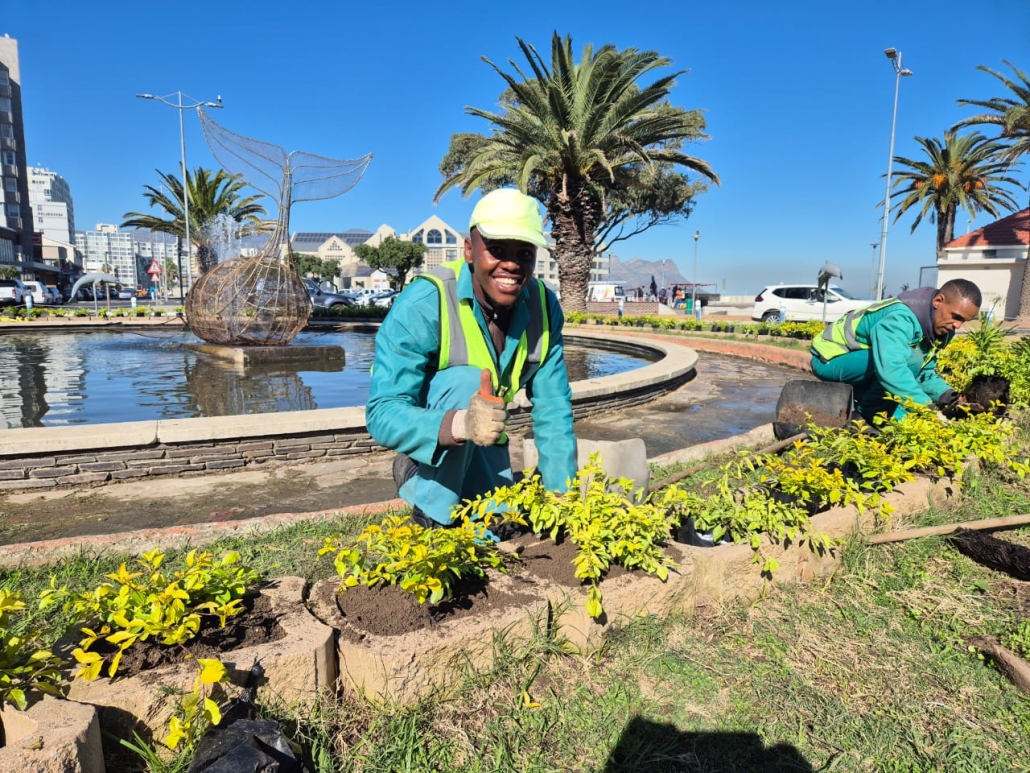
Greening & Urban Maintenance
Over the past months, our teams have been hard at work maintaining and refreshing the Strand area. These projects are aimed at improving the quality of the public environment for all who live, work and visit here.
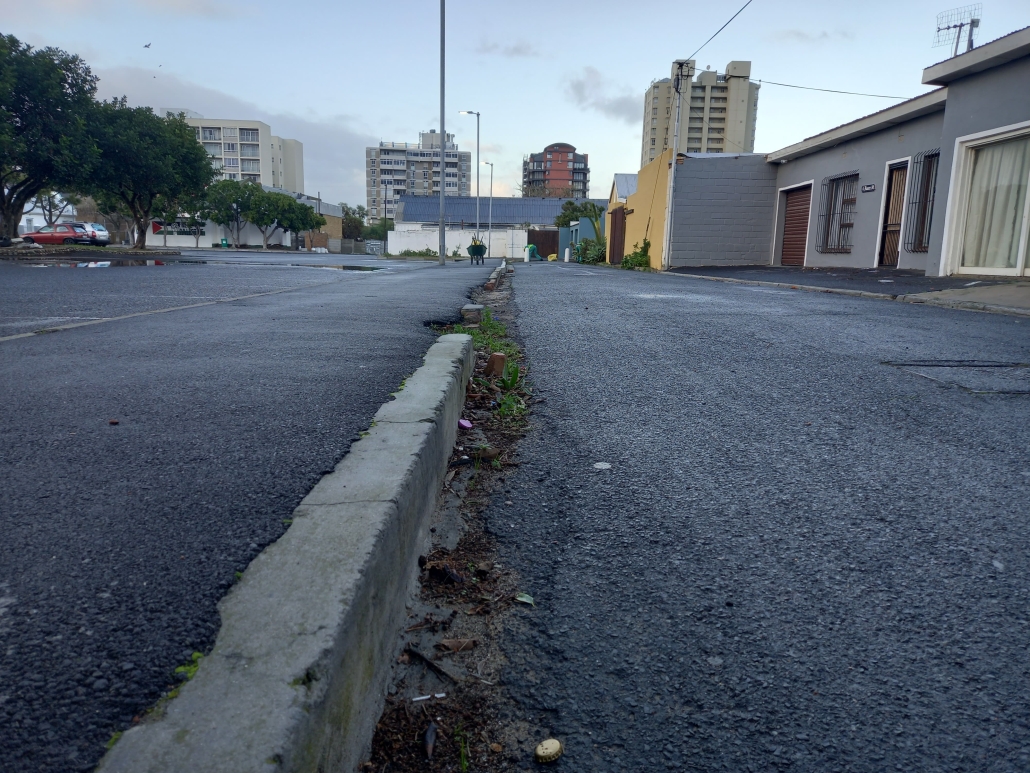
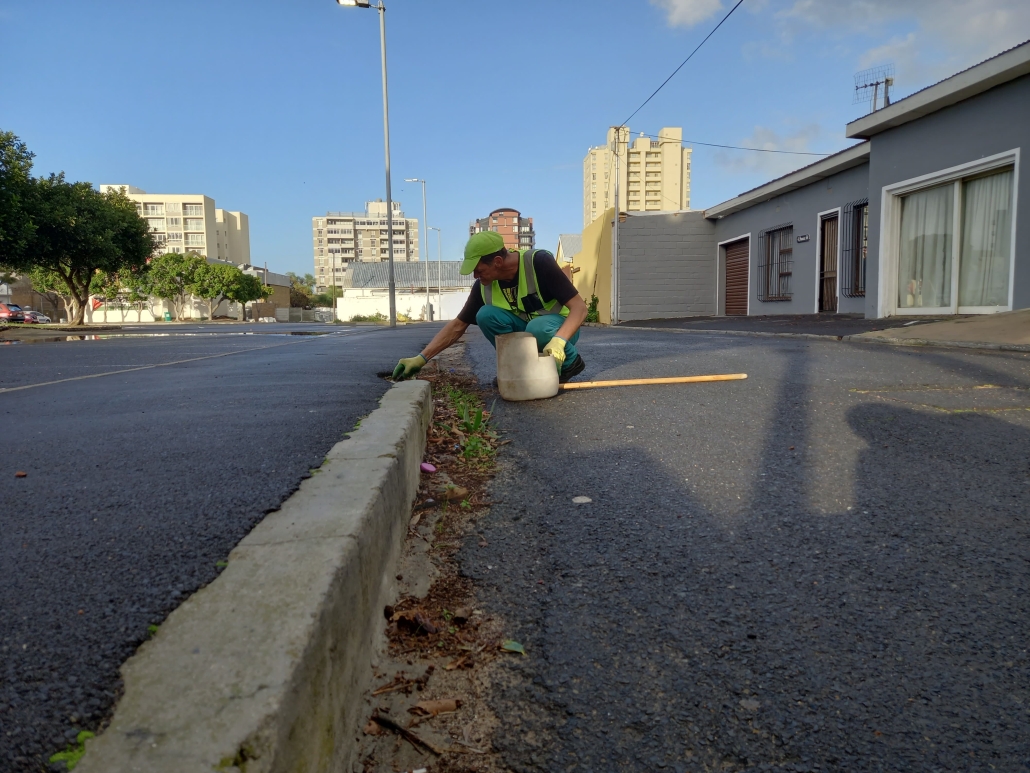
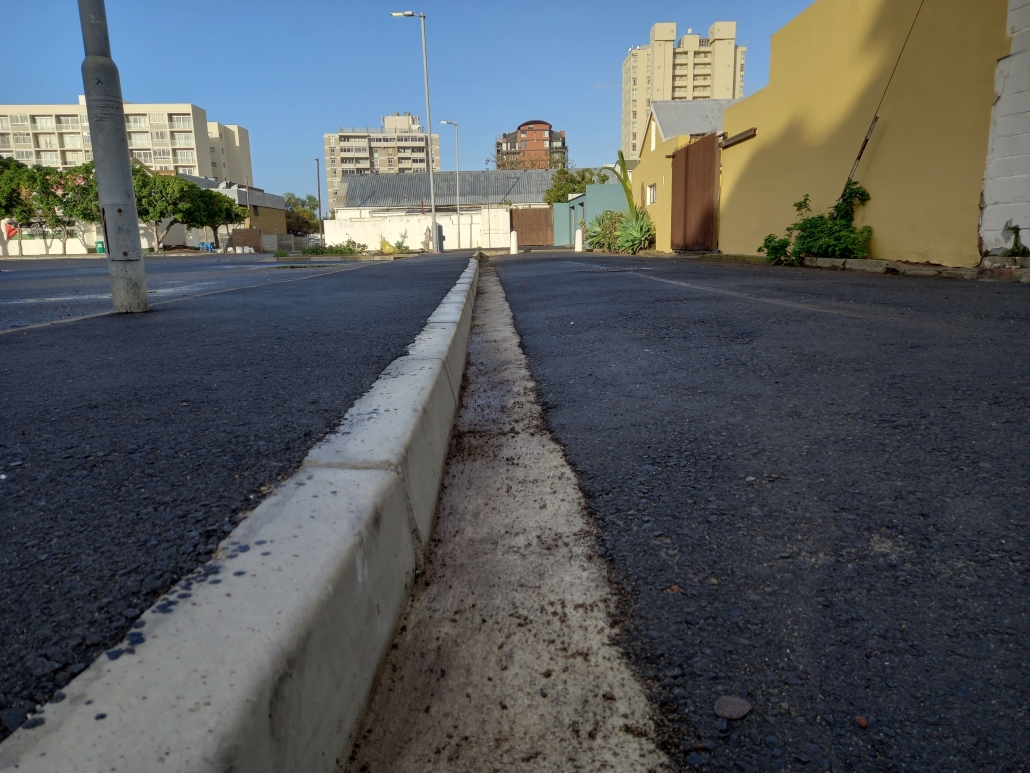
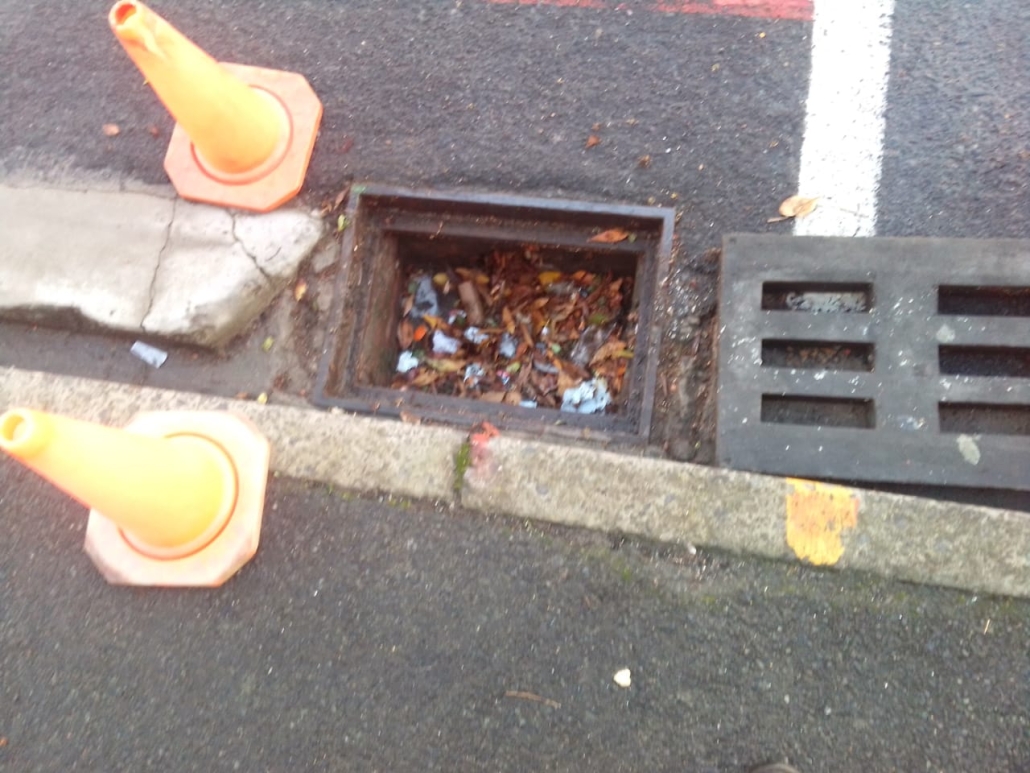
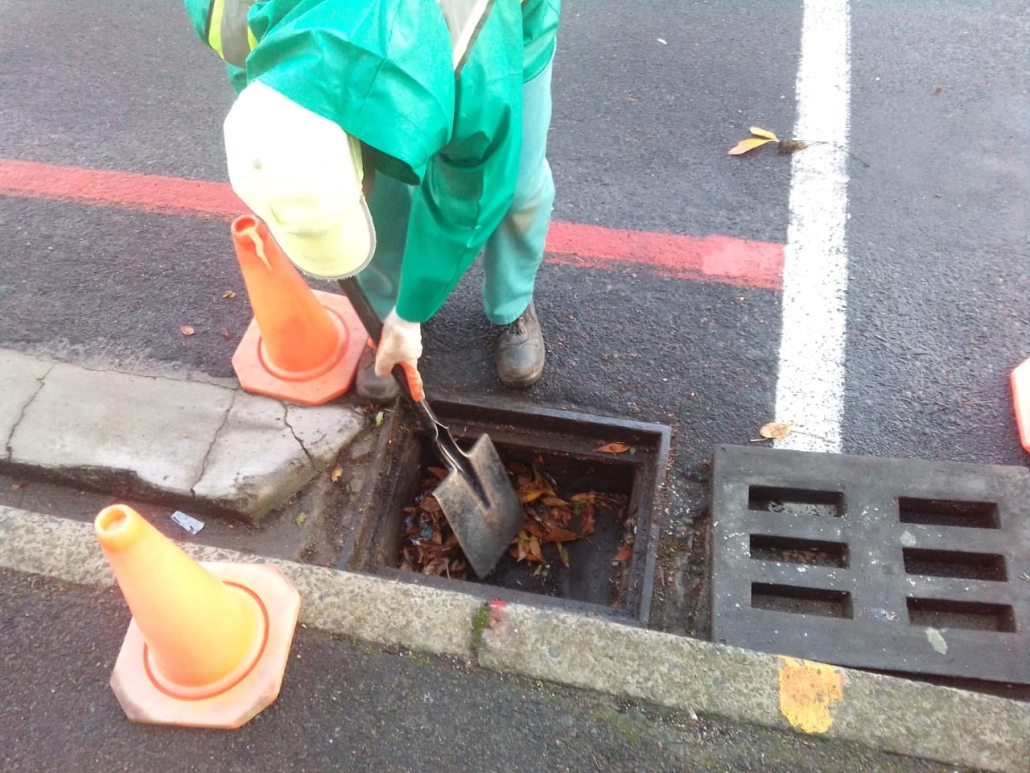
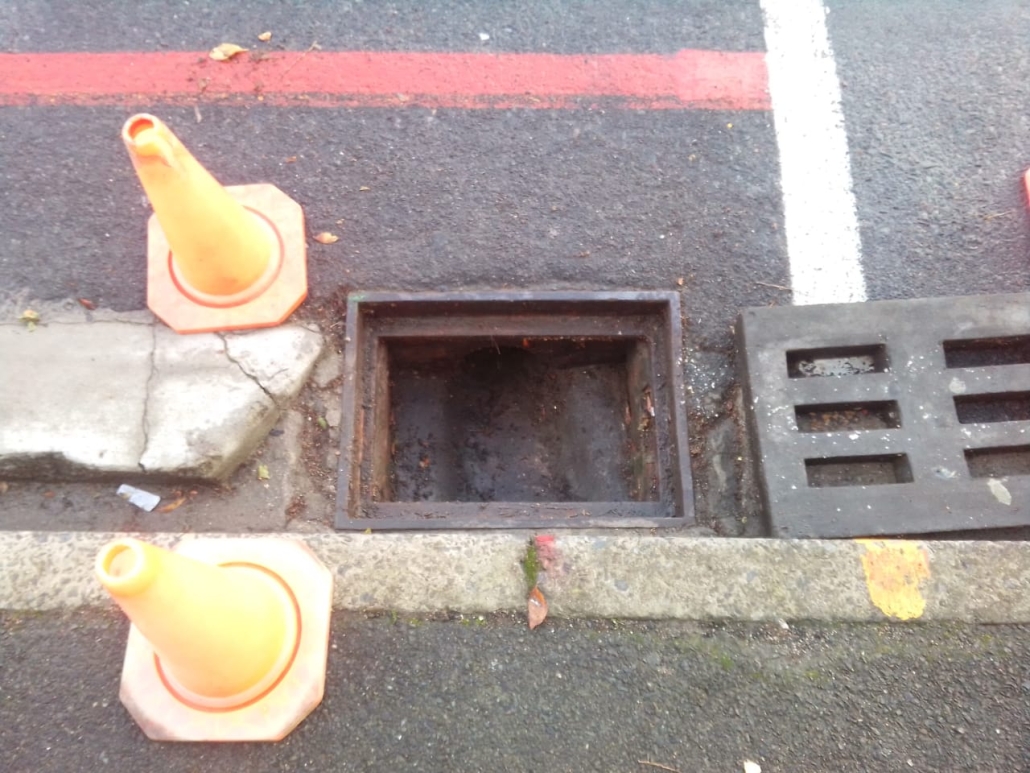
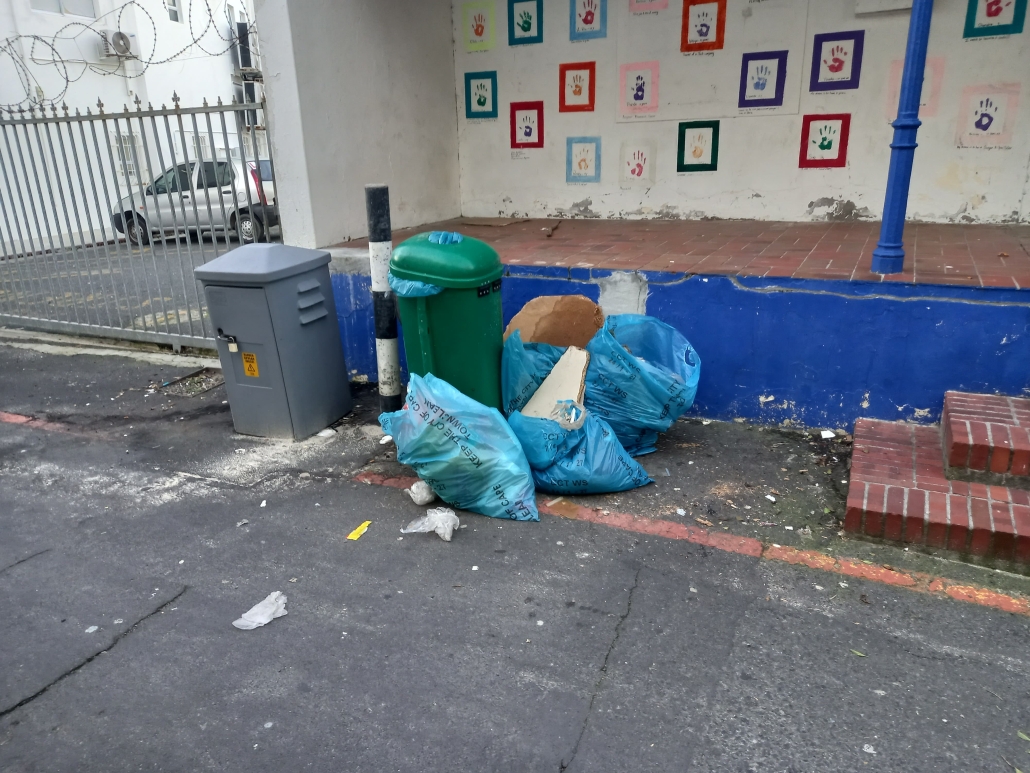
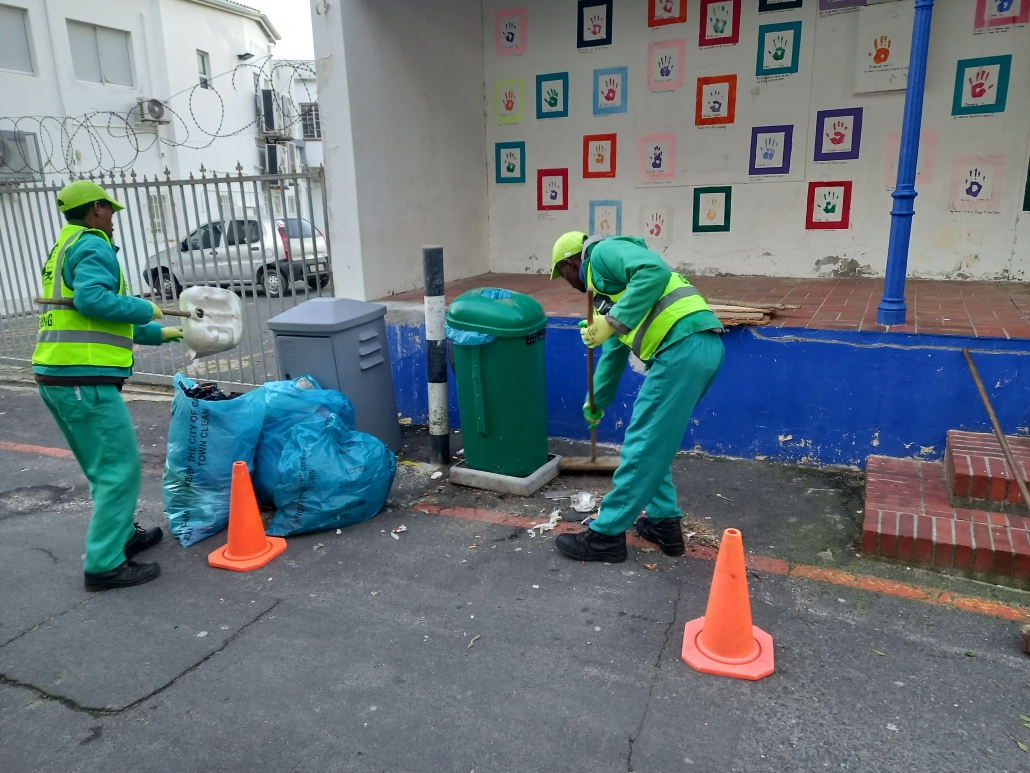
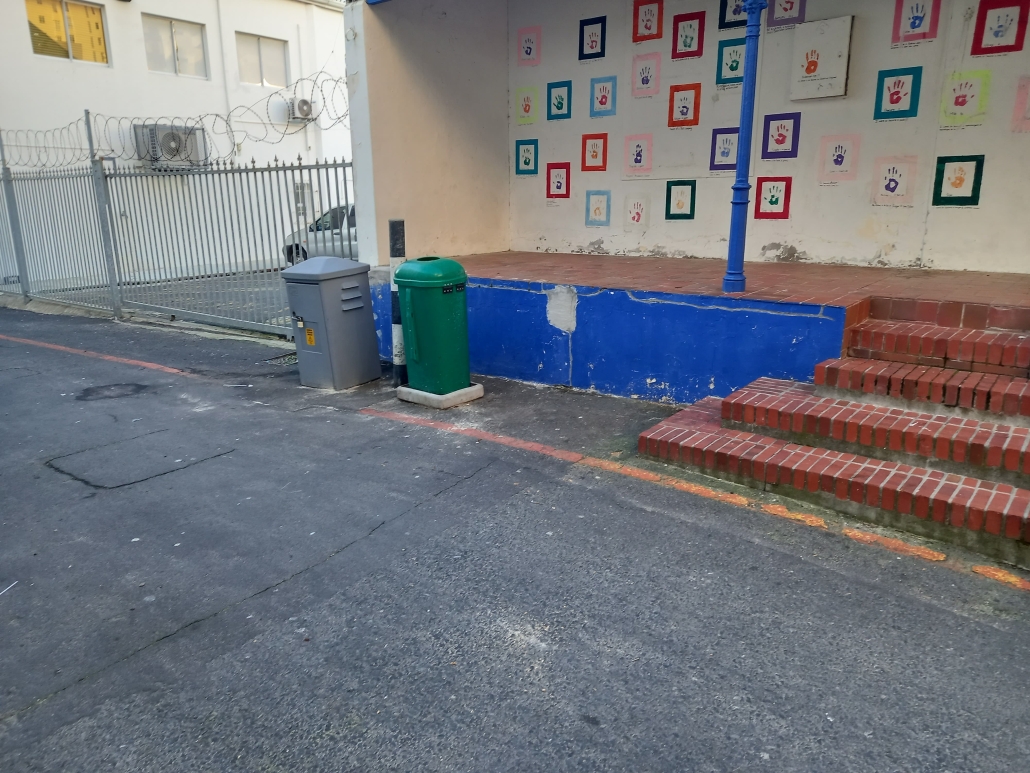
Our focus has included:
- Urban cleaning and maintenance – tackling illegal dumping, graffiti removal, gutter and drain cleaning, poster removal and high-pressure sanitising.
- Greening initiatives – planting, landscaping and maintaining public spaces to create a more welcoming and environmentally friendly urban landscape.
- Ongoing upgrades – responding to service requests, addressing problem areas and ensuring that seasonal changes don’t compromise the safety or cleanliness of our streets.
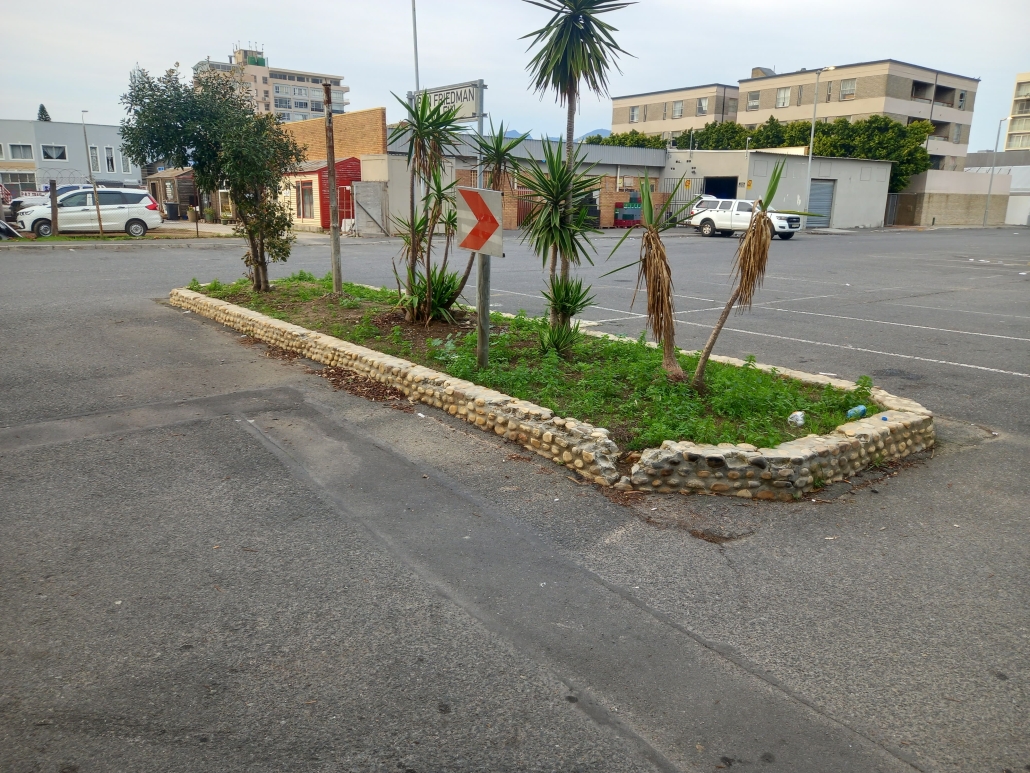
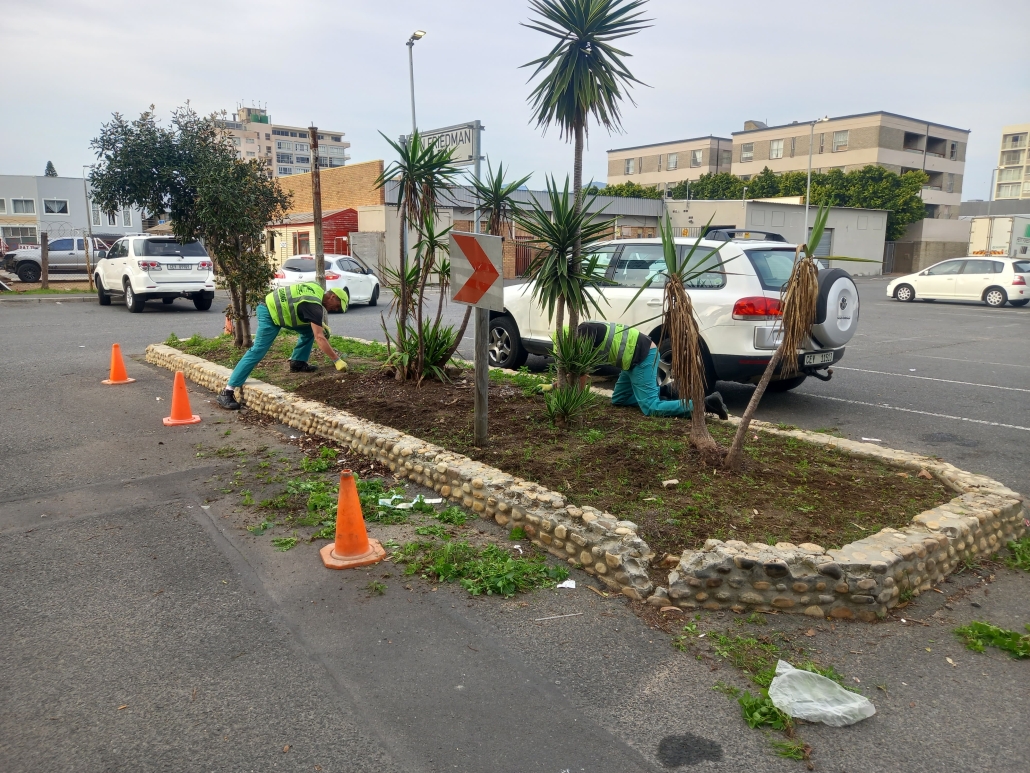
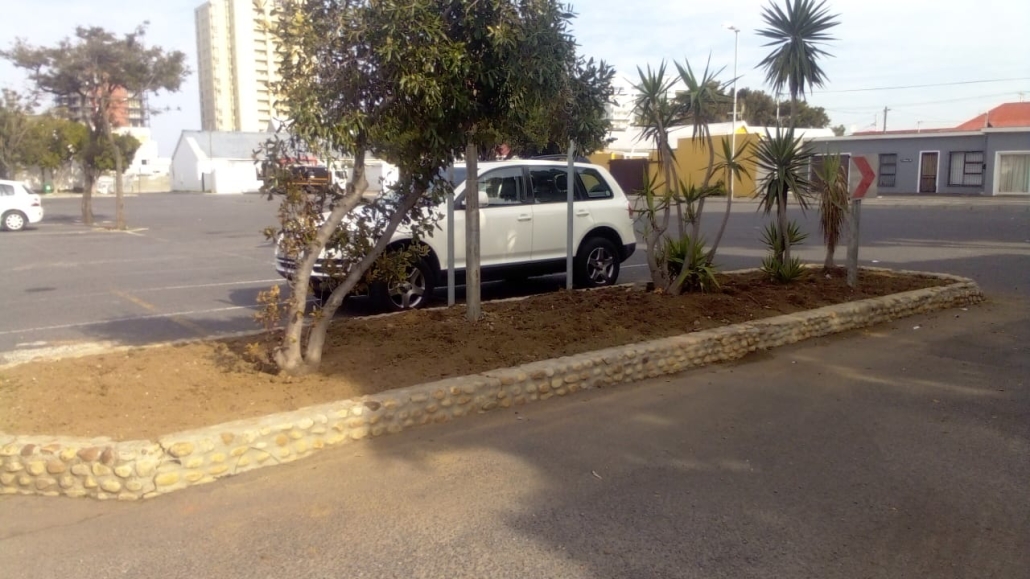
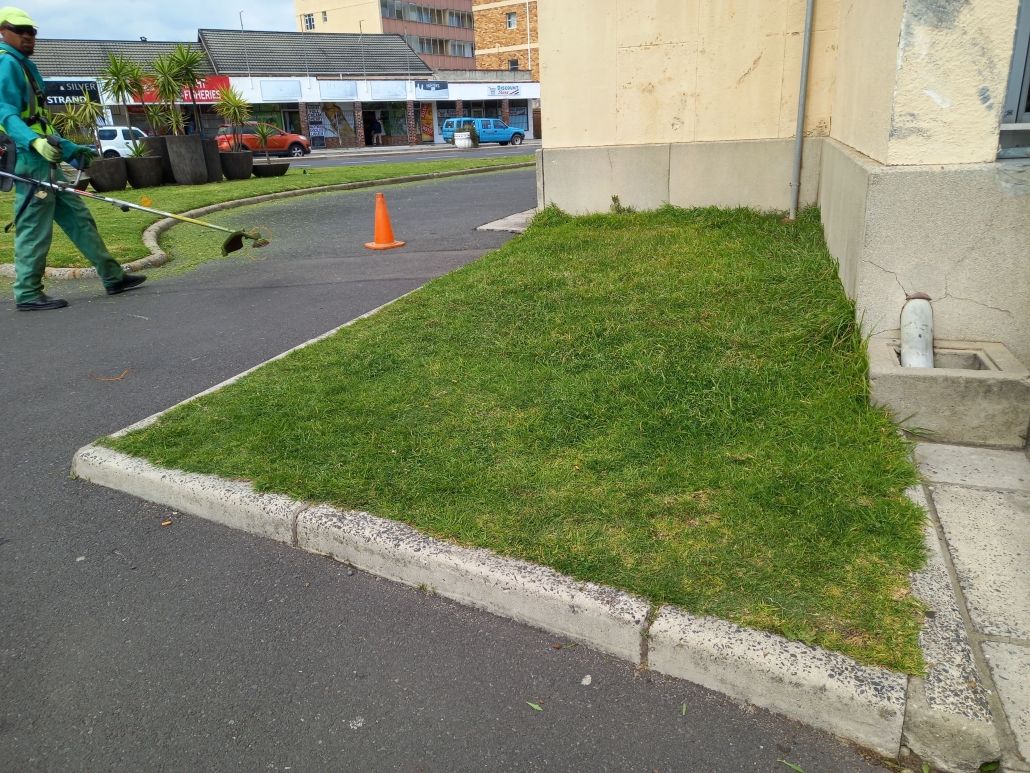
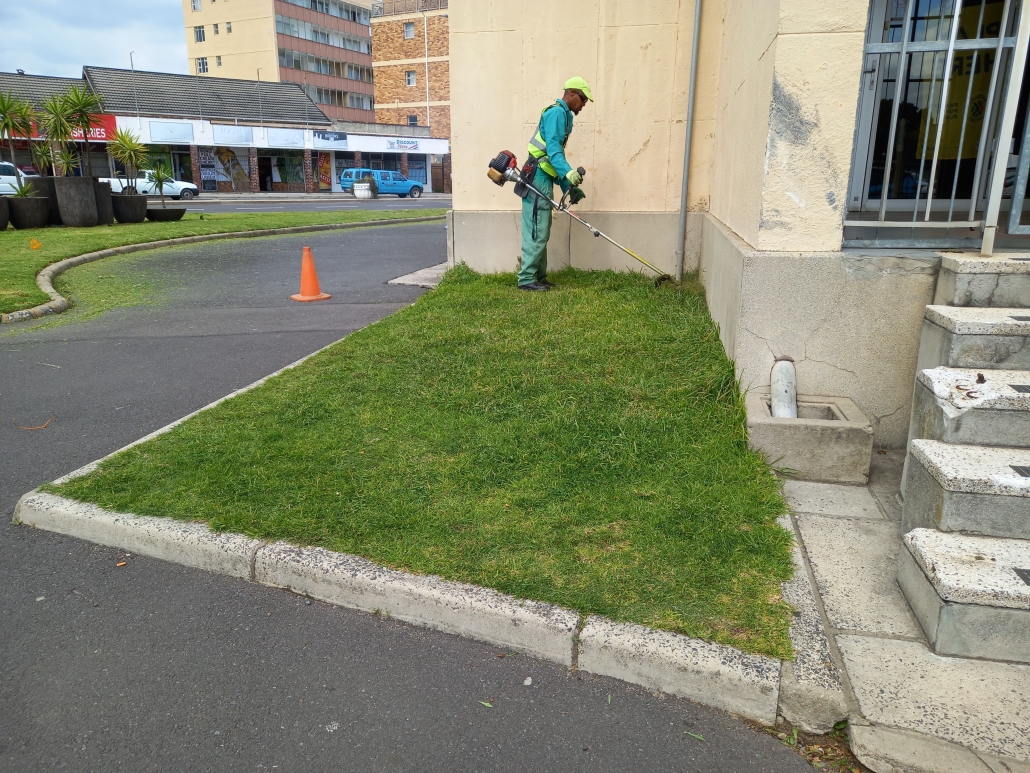
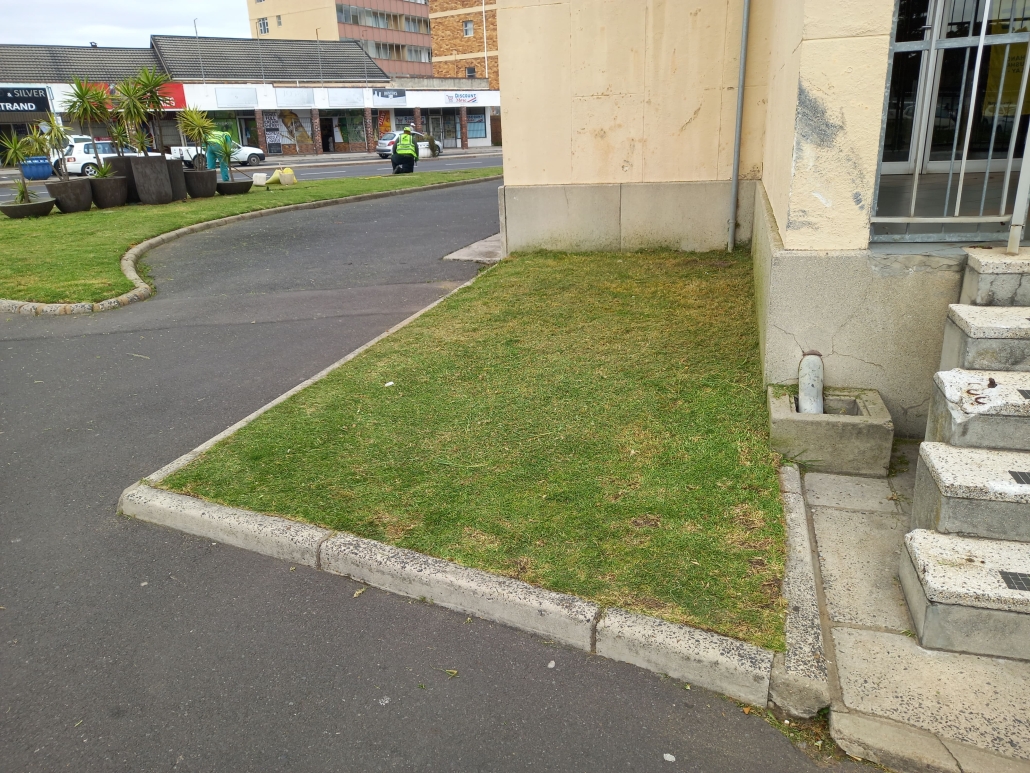
Together, these efforts lay the foundation for a brighter, cleaner and greener spring season.
Beach Road Circle project update
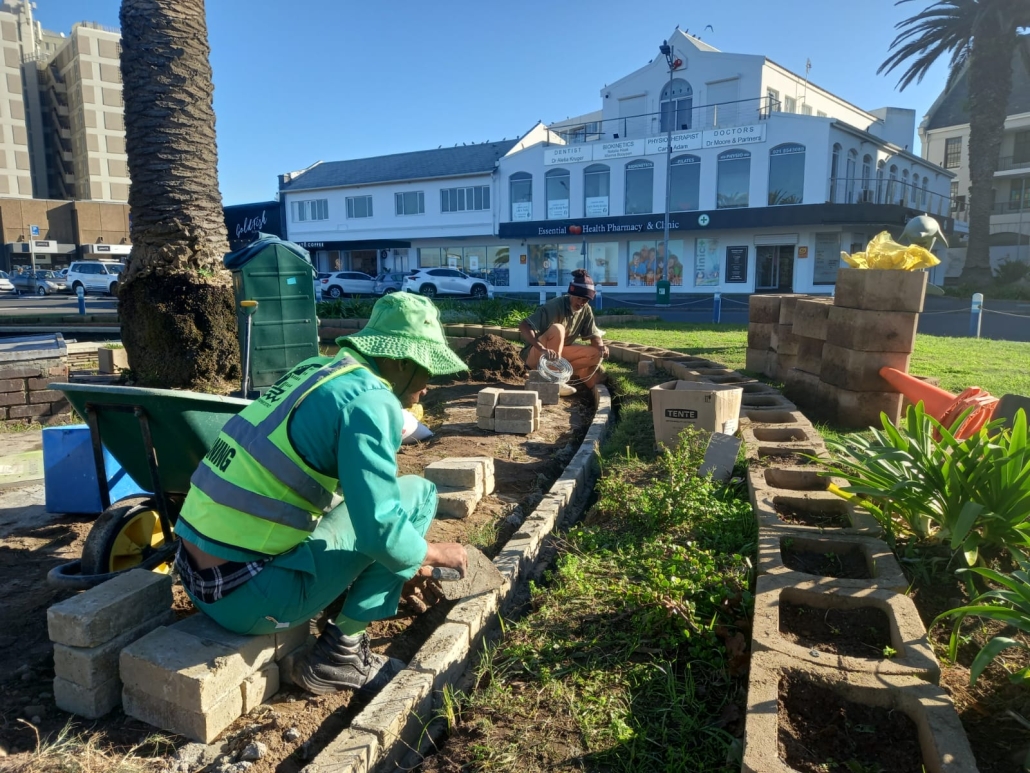
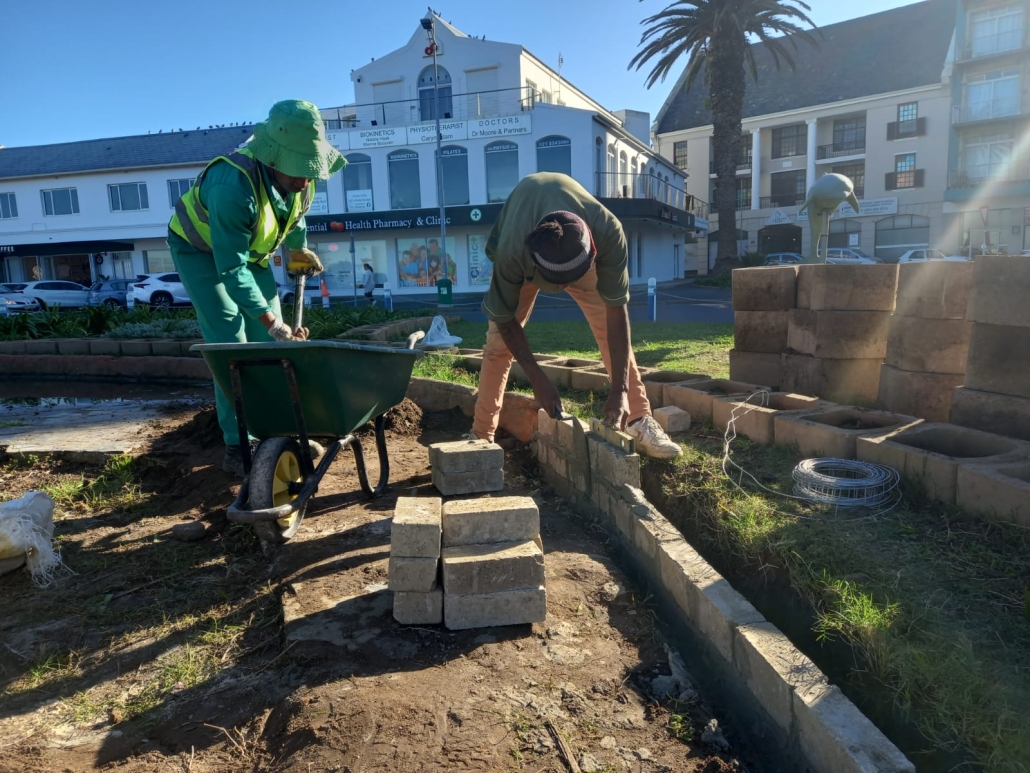
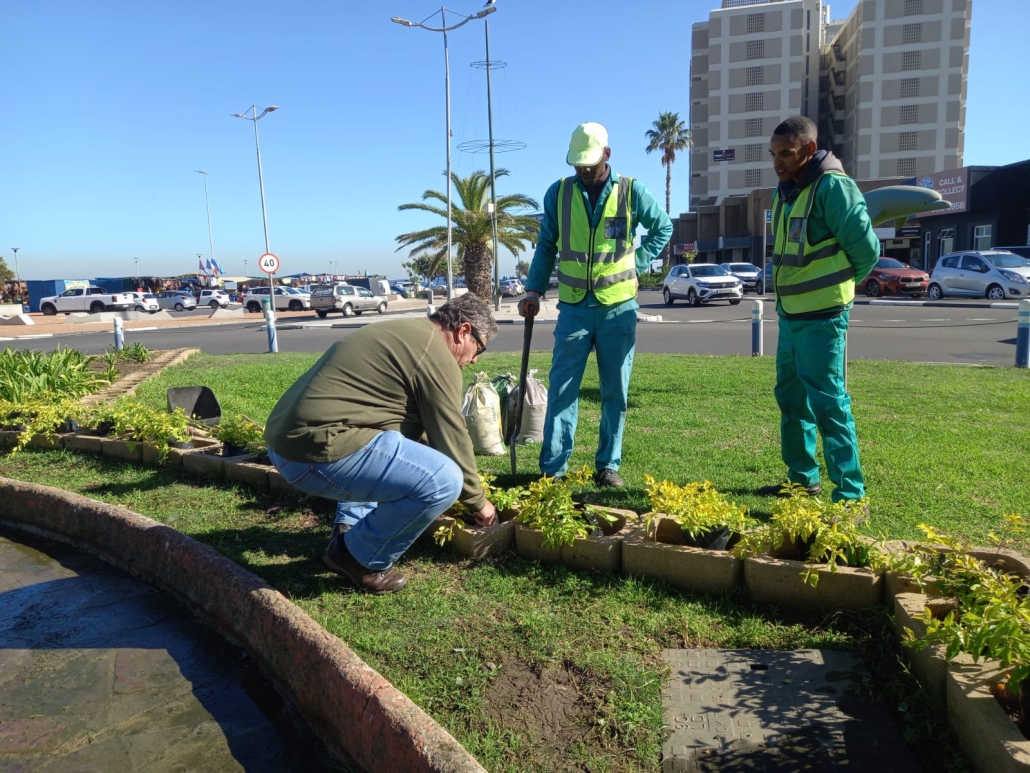
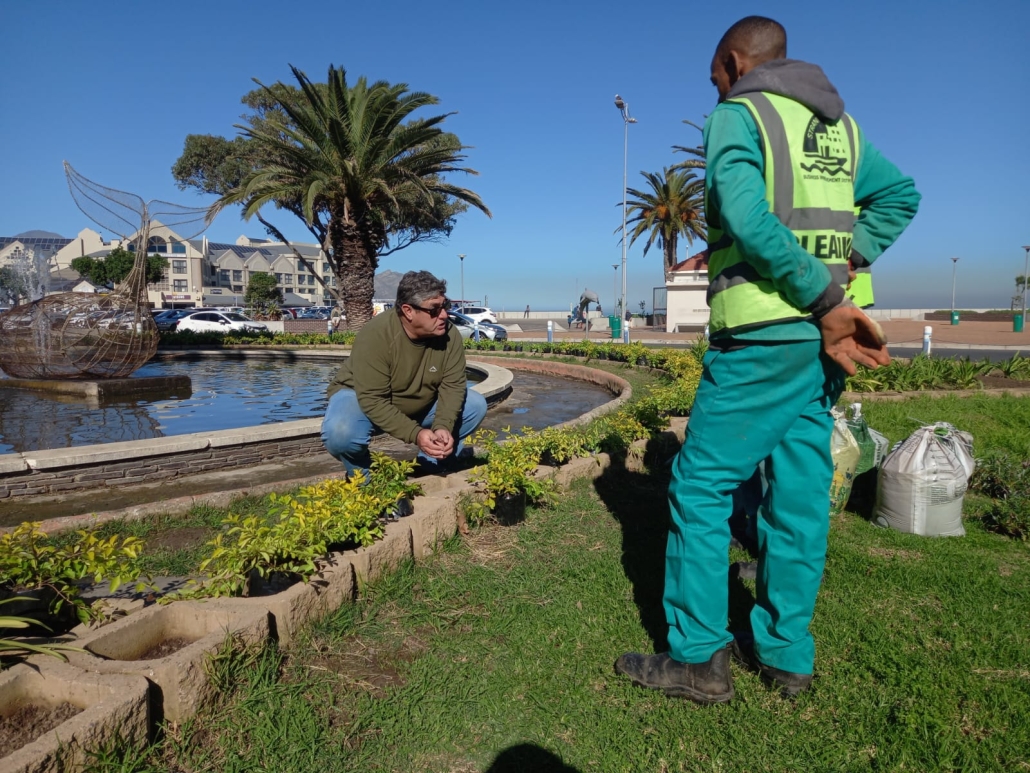
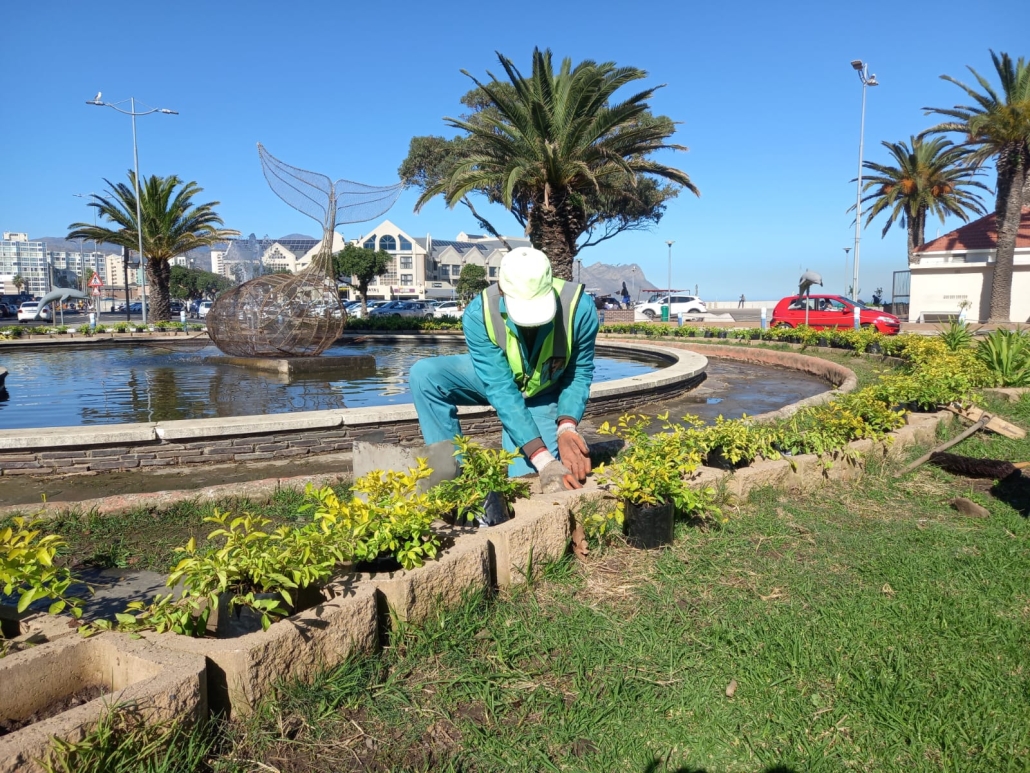
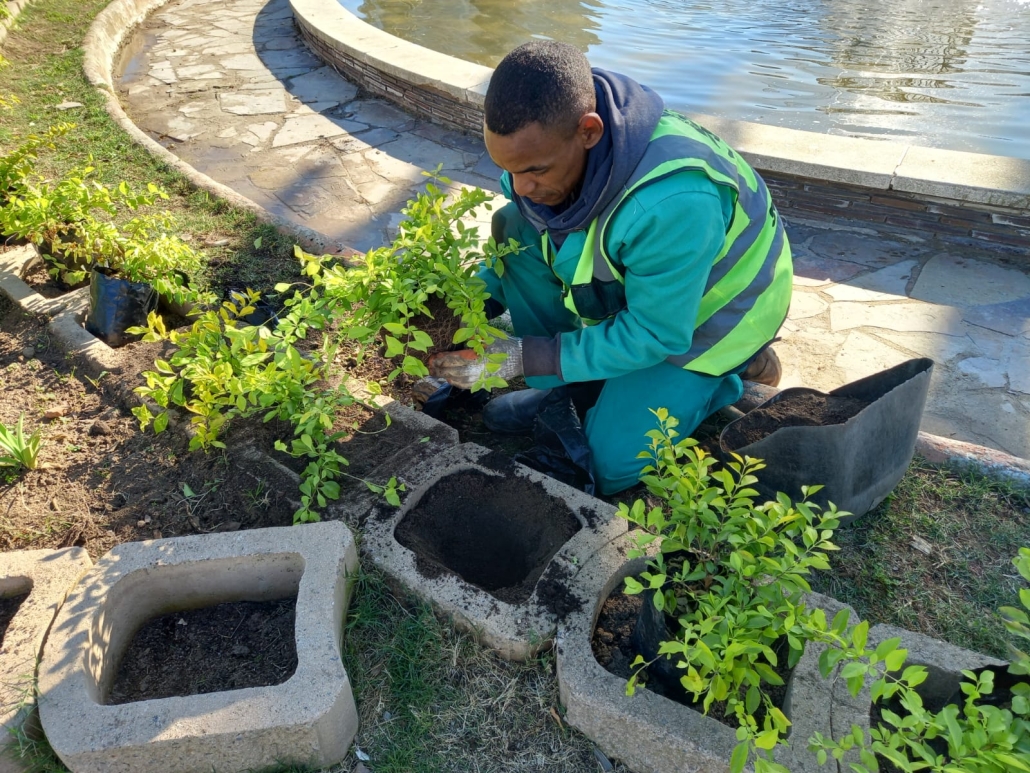
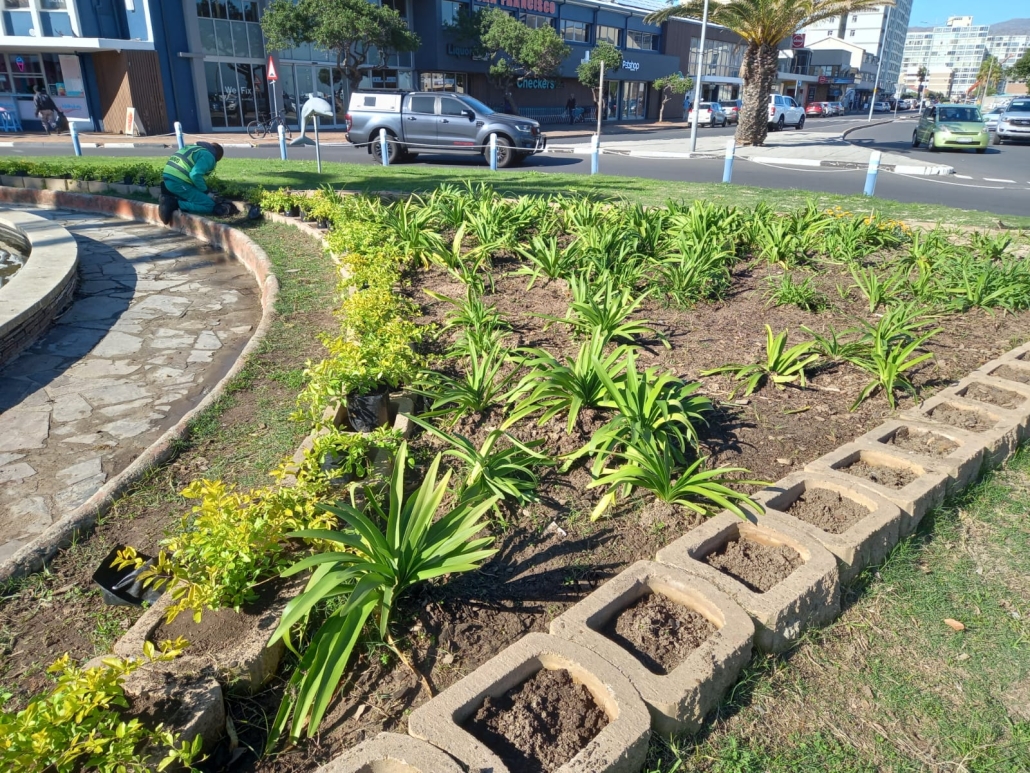
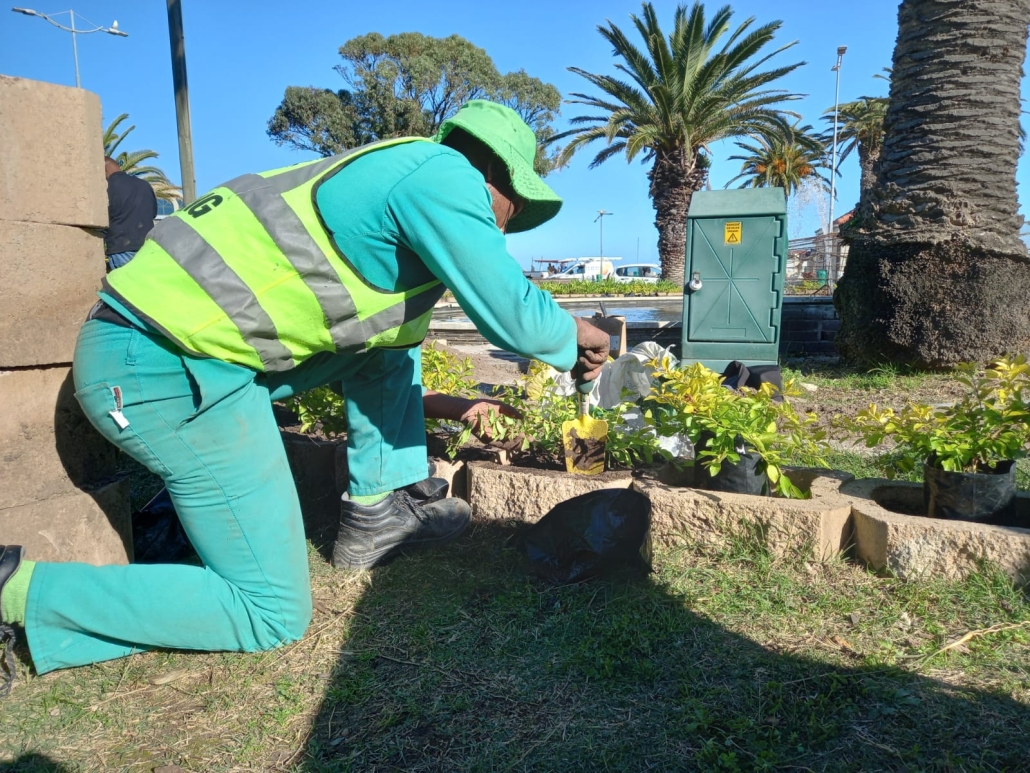
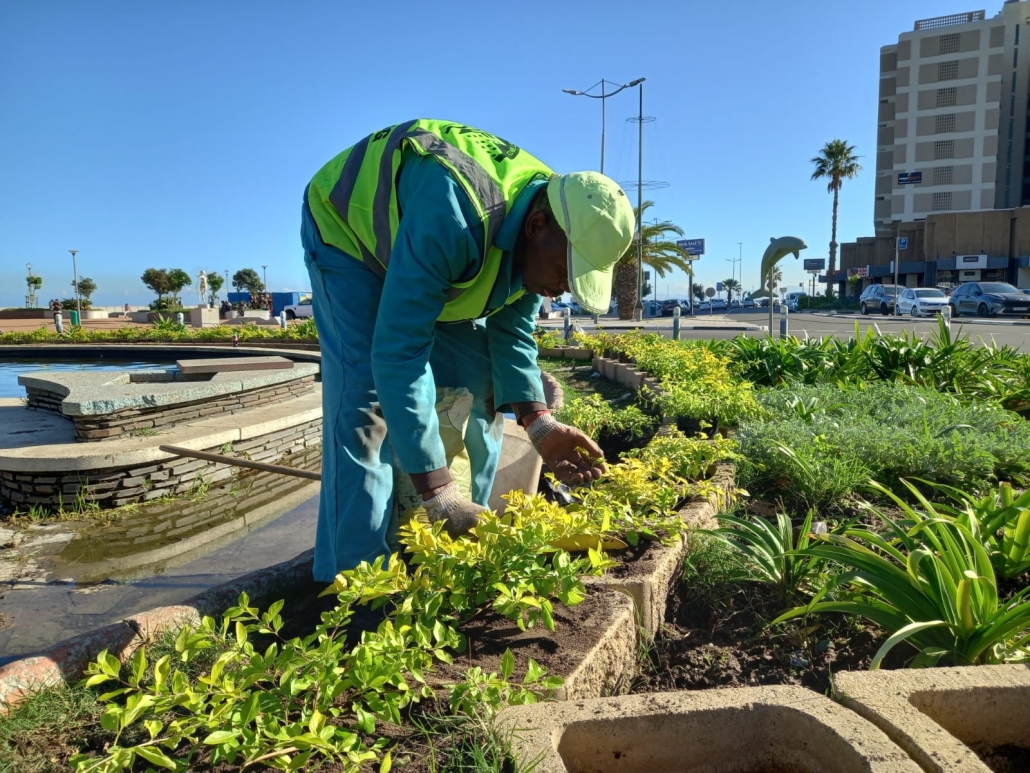
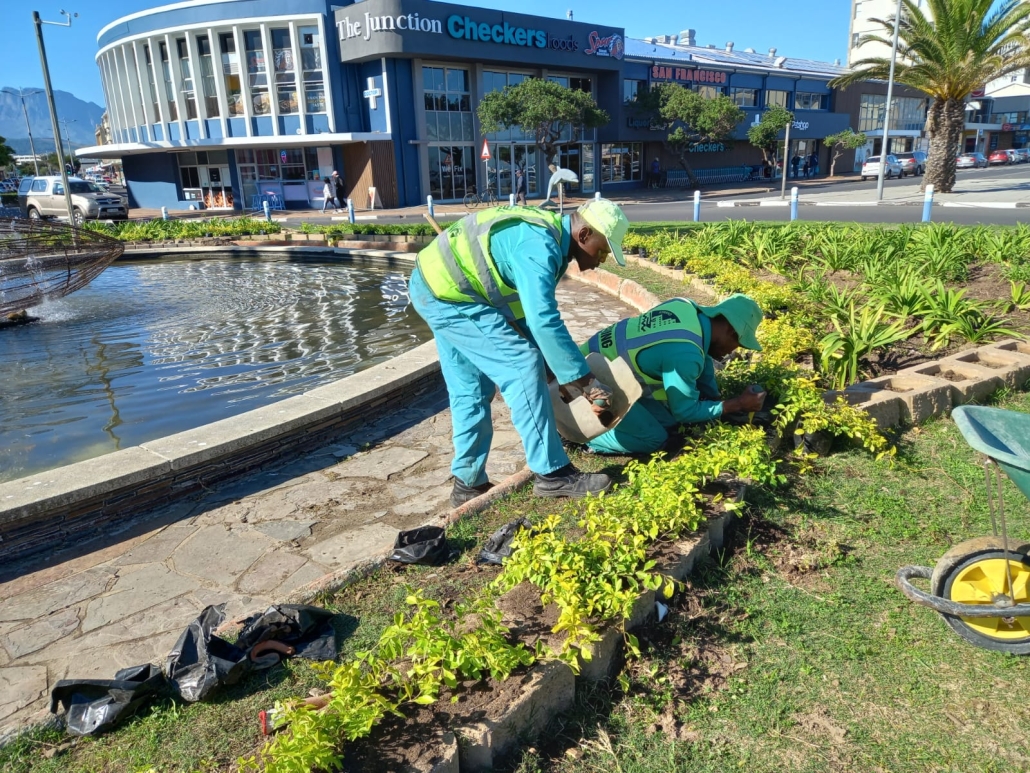

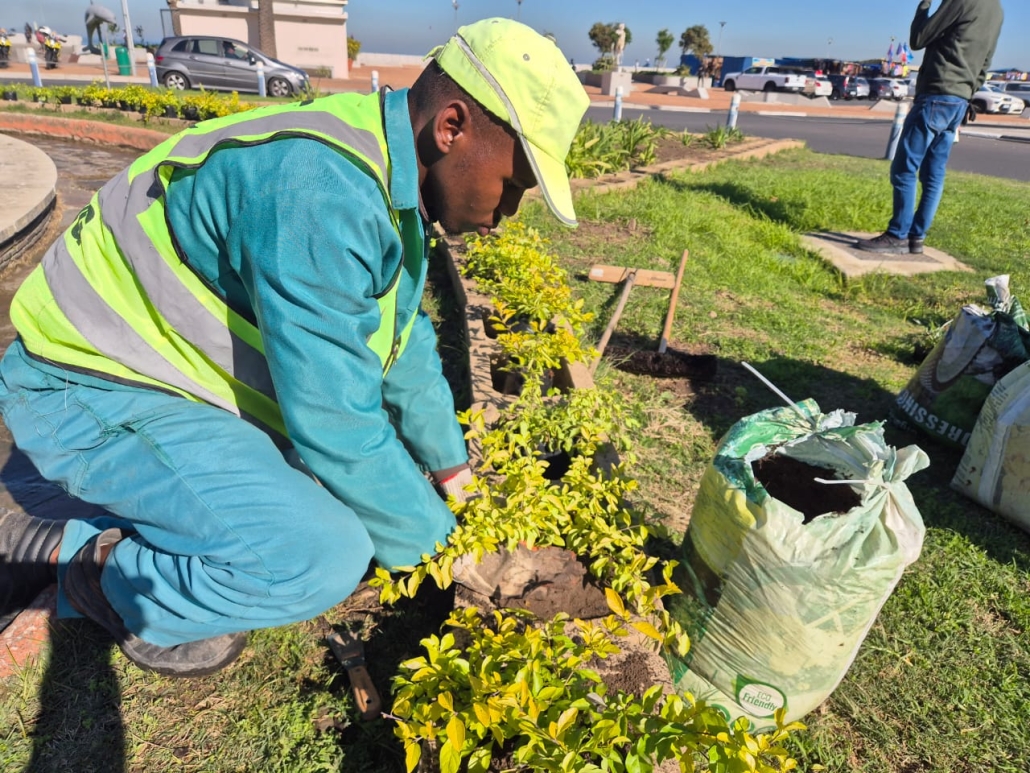
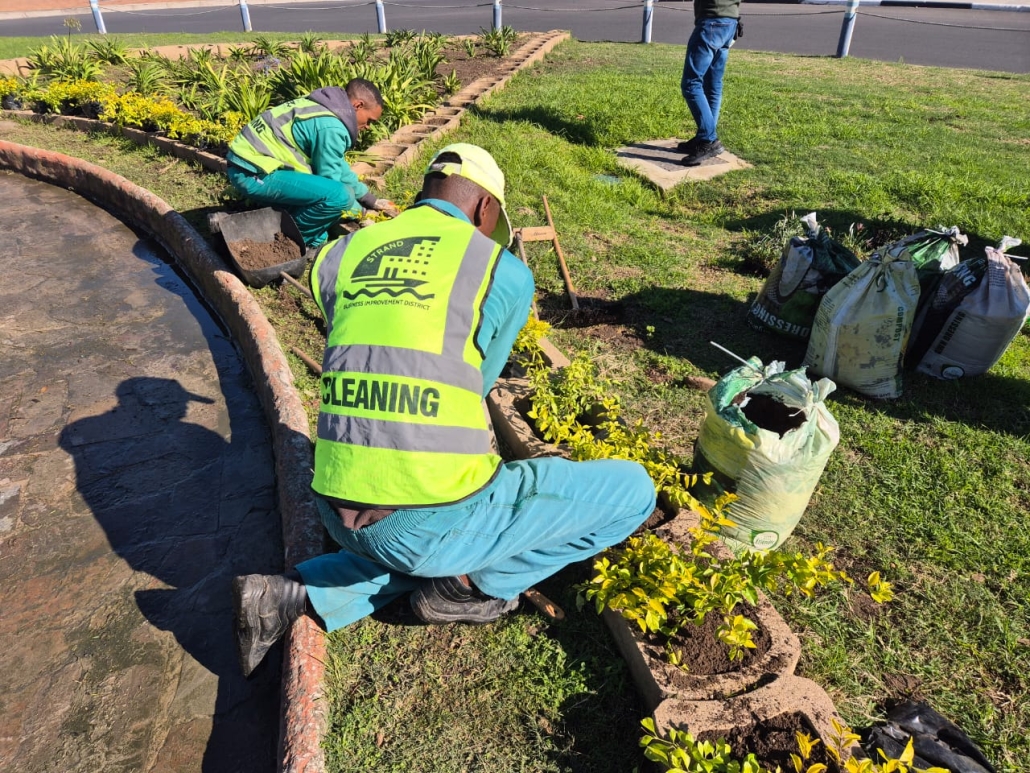
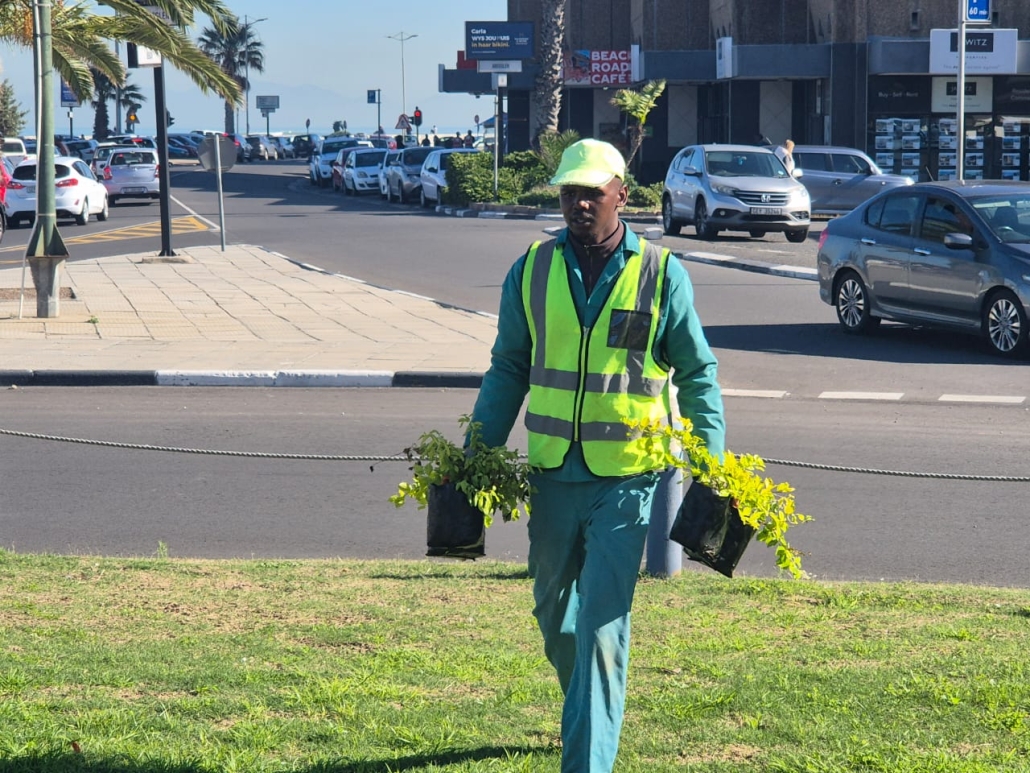
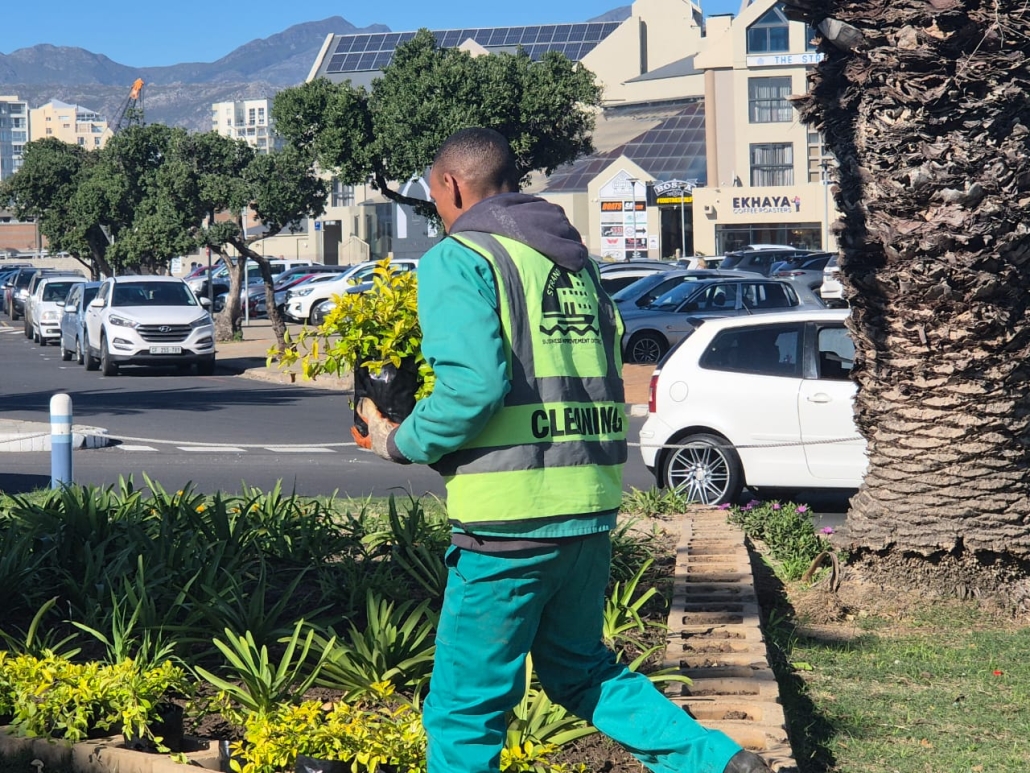
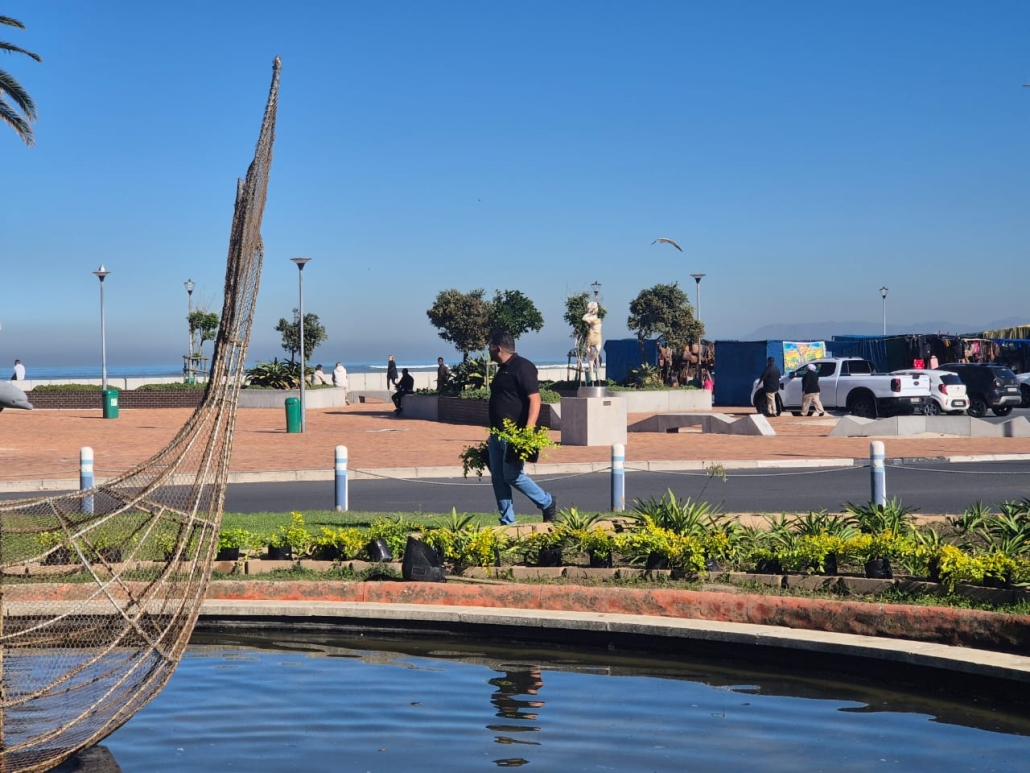
City Updates
Switch to eBilling before 31 December 2025
The City of Cape Town is phasing out paper bills, with all municipal accounts to be sent by email from 1 January 2026. To switch to eBilling, simply send your account number and email address to Revenue.Eservices@capetown.gov.za or via SMS to 31223. More than 475 000 residents have already made the move, enjoying faster, more efficient and environmentally friendly billing. Customers without email access can still receive paper bills by contacting the City’s Call Centre on 0860 103 089 for assistance.

Building a Cleaner, Greener Cape Town – The City’s New Waste Strategy
The City of Cape Town has launched its new Waste Strategy, a long-term roadmap to deliver sustainable, affordable and future-fit waste services for all residents and businesses. With illegal dumping, landfill reliance and growing urban waste challenges, the strategy sets out clear goals to improve data and technology use, drive behaviour change, strengthen partnerships and close service gaps.
Centred on three pillars – optimising existing services, minimising waste to landfill, and maximising service offerings – the strategy calls on everyone to play their part in building a cleaner, greener Cape Town.
Download the full Waste Strategy
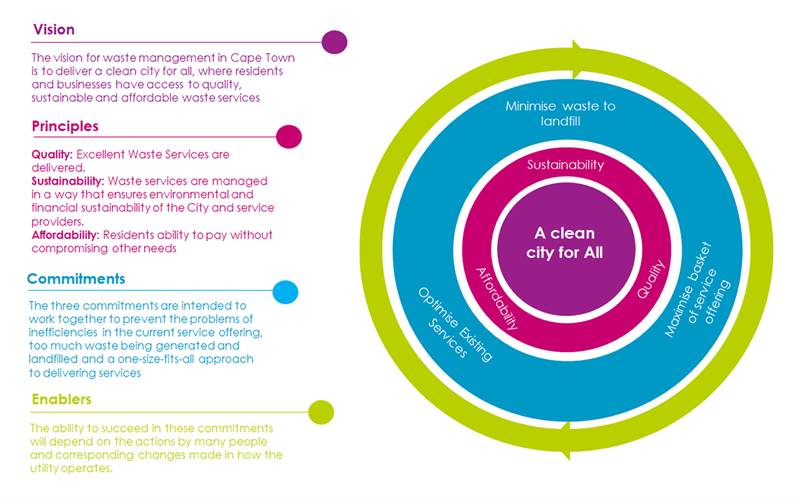
Electricity Tariff Reform – What’s New
From 1 July 2025, as part of the new municipal financial year, customers may notice changes to electricity tariffs and the way items appear on their municipal accounts. These reforms are designed to ensure sustainable service delivery into the future while continuing to provide price relief where possible.
For more information, please see the City’s electricity price relief overview pamphlet.
